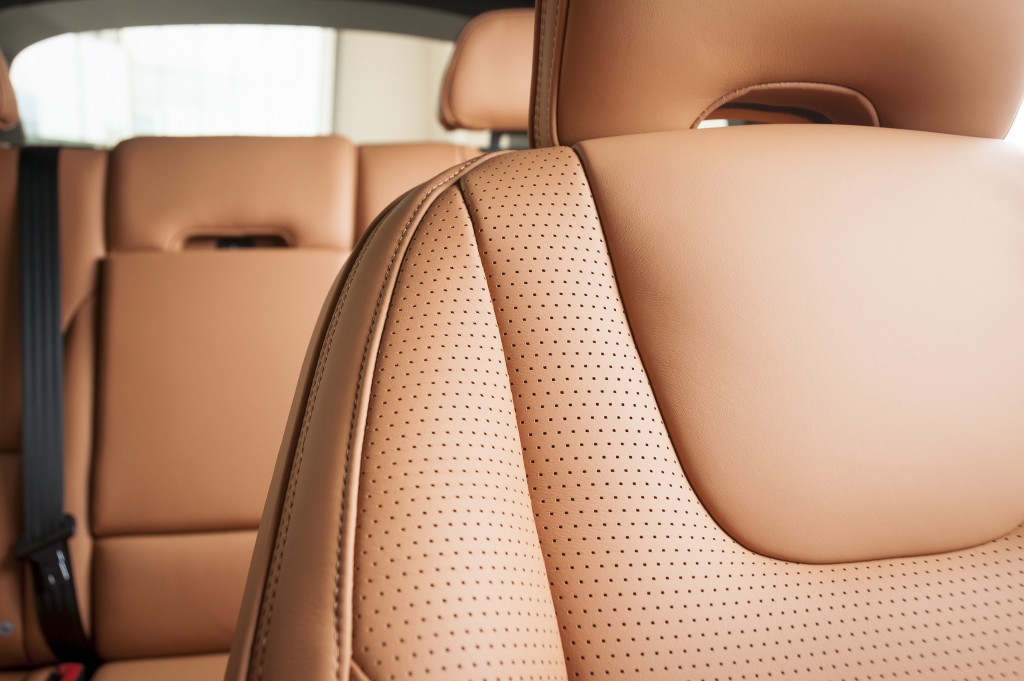
- Establish your budget before starting the car-buying process.
- Understand your needs and wants in a vehicle, such as fuel efficiency, safety features, and luxury options.
- Research and compare different car models to find the best fit for you.
- Test drive your top choices to gain a better understanding of the driving experience.
- Consider aftercare, service packages, and warranties before finalizing the purchase.
Embarking on the journey to purchase a new car is often threaded with excitement, anticipation, and a spectrum of choices. Whether it’s your first time or an experienced buyer, understanding the nuances of the car-buying process can transform your experience from daunting to delightful. Below, you’ll discover five critical aspects that you should consider to ensure your decision isn’t just good but great.
1. Establish Your Budget
First and foremost, establishing a budget is paramount. Before you dive into the vast sea of options, know exactly how much you’re willing to spend. Consider not only the cost of the car itself but also insurance, maintenance, fuel, and any other recurrent expenses related to the car.
Within this financial planning, be brutally honest about what you can afford. Invest in those monthly payments if you’re considering financing options or a loan. Remember, an expensive car doesn’t just stop at the purchase price; it carries ongoing costs that can strain your finances if you’re unprepared.
2. Know Your Needs and Wants
While it’s tempting to go for the latest model with the most advanced features, practicality should take center stage in your decision-making process.
Here are some factors to consider your needs and wants:
Fuel Efficiency
One of the primary considerations should be the vehicle’s fuel efficiency. This is particularly important if you have a long daily commute or frequently travel long distances. A car with good mileage can significantly reduce your fuel costs over time.
Safety Features
Safety is a non-negotiable feature. Always opt for cars offering advanced safety technologies, such as anti-lock braking systems (ABS), electronic stability control (ESC), and sufficient airbags. Features like lane departure warnings and automatic emergency braking add an extra layer of protection.
Comfort and Luxury

Depending on your budget and preference, you might also want to consider the level of comfort and luxury the vehicle offers. Heated seats, a high-quality sound system, a sunroof, or leather upholstery can make your drive more comfortable and enjoyable. But remember, these are ‘nice-to-haves,’ not necessities.
Resale Value
Lastly, consider the vehicle’s resale value. Cars that maintain a good resale value can be a wise investment, especially if you plan to trade it in or sell it in the future. Research and choose a model reputed for its longevity and durability.
3. Research and Compare
In today’s digital age, you’re at an advantage to access a plethora of information. Research various car models, manufacturers, customer reviews, and expert opinions. Look into safety features, fuel efficiency, maintenance costs, and resale value. Each car has its unique blend of features and performance capabilities, and what works for one person might not suit another.
Comparison is just as crucial as research. It’s wise to compare similar models across different brands as they might offer varying features, pricing, or warranties. Utilize online comparison tools, and don’t hesitate to contact local dealerships for quotes. This step might seem laborious, but it’s pivotal in making an informed decision.
4. Test Drive Your Top Choices

Nothing can substitute the experience of physically driving the car. Once you’ve narrowed your options, visit the dealerships to test drive your top picks. This step allows you to assess the car beyond its specifications. Pay attention to how it feels and responds. Consider the comfort of the seats, the ease of reaching controls, visibility, braking response, and any noises.
Ask questions during the test drive. Dealers are prepared to provide information that might not be readily available in brochures or online. A test drive isn’t just a ceremonial pre-purchase ritual; it’s your chance to understand if the car’s driving experience resonates with your comfort and expectations.
5. Consider the Aftercare and Additional Customizations
After zeroing in on the car you wish to purchase, understanding aftercare, service packages, and warranties is fundamental. It’s also the stage where you can consider additional customizations or enhancements. For instance, if you’ve chosen an adventurous path with a vehicle like a Rivian, you might want to consider enhancing it with professional Rivian auto XPEL window tinting services. These services escalate the car’s aesthetics and offer practical benefits like UV protection and interior temperature control.
These customizations, especially from reputable service providers, can extend the longevity of your car’s interior and improve your driving experience. However, ensure any modifications or add-ons don’t void the warranty. Having these conversations with your dealer before finalizing the purchase is always wise.
In Closing
Buying a car is undeniably one of the substantial investments you’ll make. By approaching this process with due diligence and informed consideration, you place yourself in the best position to make a purchase you’ll be satisfied with for years to come.
From the moment you start planning your budget to the point where you’re considering the finest details, every step is an opportunity to solidify a decision you’ll be content with. Remember, this journey goes beyond acquiring a set of wheels—it’s about making a choice that seamlessly fits into and enhances your lifestyle.

